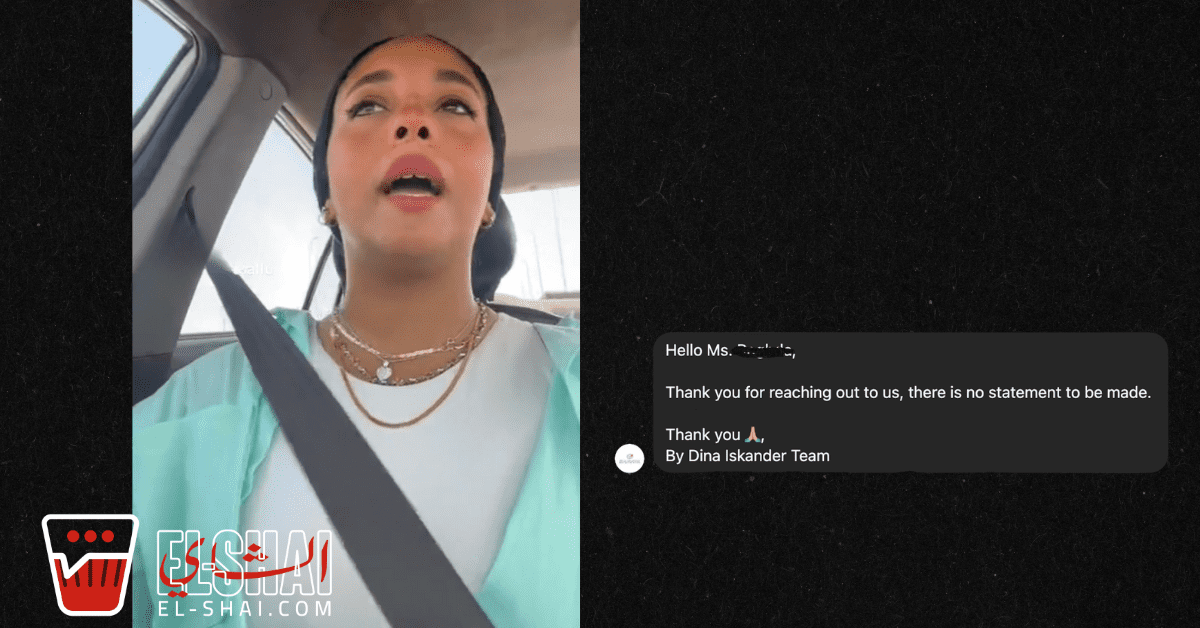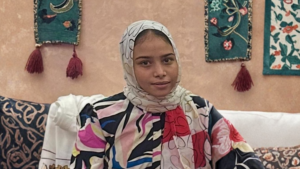In our evolving global society, it’s disheartening to witness the persistent discrimination against women who opt to wear headscarves. This form of prejudice is not just limited to countries with minority Muslim populations but is surprisingly prevalent even in Muslim-majority nations, where one would anticipate a deeper understanding and acceptance.
In some startling cases, women donning hijabs in foreign lands experience more freedom and rights than in their homeland. This paradox raises questions about cultural acceptance and the universality of human rights.
A recent event has thrust this issue into the limelight. Nadin Khan, an ambitious young professional, took to TikTok, in a now-deleted video, to narrate a disturbing interview experience with the Dina Iskander Event Planning Company.
While the video is now deleted, we did reach out to Nadin before publishing this article. We’re unsure why the video was deleted, and have reached out to know why.
Clarification: The video was removed from TikTok due to community guidelines involving driving while taking a video.
Khan’s account suggests that she was subjected to bias and prejudice solely because of her decision to wear a headscarf, even though the company’s job advertisement for an interior design/architect position made no reference to any dress code or appearance stipulations.
The Incident Unfolded: A Tale of Bias and Prejudice
Nadin Khan’s experience with the Dina Iskander Event Planning Company wasn’t just another job interview. It was a glaring example of the prejudices that still lurk in the shadows of modern workplaces.
Like many other professionals, Nadin responded to a job advertisement for an interior design/architect role. The company’s listing was clear about the qualifications they sought, with no mention of any dress code or appearance requirements.
After submitting her application, Nadin was invited for an interview. It’s worth noting that the company representative had seen her wearing a headscarf in her WhatsApp profile picture but chose not to discuss it when inviting her for the interview.
However, the actual interview was a stark contrast to the professional interaction she might have expected.
Instead of focusing on her qualifications, skills, and experience, the interview revolved around her choice to wear a hijab.
The entire interaction lasted a mere five minutes, with the company’s representatives appearing more fixated on her headscarf than on her professional credentials.
Such behavior is not just unprofessional; it’s a blatant display of bias and discrimination
Dina Iskander’s Team’s Response? Nothing!

Following the incident, the company’s lack of action was telling. Their move to disable comments on their Instagram page seemed like a blatant attempt to mute the ensuing outcry.
Their response to inquiries was even more disheartening.
When questioned about the incident, hoping for clarification or perhaps an acknowledgment of a lapse in judgment, the company responded with a terse,
“Thank you for reaching out to us, there is no statement to be made.”
This wasn’t just evasive; it was a bold display of apathy.
The Gap Between Law and Reality in Egypt
Egypt boasts a robust legal framework aimed at safeguarding its citizens from discrimination. Article 53 of the Egyptian Constitution unequivocally states that all citizens are equal, and discrimination on any grounds, including religion and gender, is unconstitutional.
However, incidents like Nadin’s compel us to ponder: Do these laws merely serve a symbolic purpose?
The chasm between the promises of the Constitution and the realities on the ground is alarming. If renowned companies can brazenly bypass these laws without repercussions, it paves the way for others to tread the same path.
Beyond the Veil: The Larger Implications
For countless women, the hijab is more than just a piece of cloth. It’s a testament to their faith, identity, and a deeply personal decision. Discriminating against them is an affront to their very essence. It’s crucial to recognize that such biases are not just against attire but against a rich mosaic of beliefs, traditions, and individual rights.
This incident transcends the alleged discriminatory actions of a single company. It’s a reflection of a broader societal issue. If companies can act with such disregard, it emboldens others to follow suit, potentially dragging society back to an era riddled with unchecked biases.
While Dina Iskander’s company may opt for silence, it’s imperative for us to amplify our voices. We must champion accountability across the board.
Discrimination, in any avatar, is unacceptable. It’s high time businesses recognized this, and it’s our duty, as a collective, to ensure they do.






ok so you say discrimination entails “race, age, gender, belief” :
– what if it’s a mexican themed restaurant that specifically wants a full mexican staff for authenticity?
– what if it’s a 90 year old on a wheel chair applying for construction jobs?
– what if it’s a dude applying for a women’s volleyball team?
– what if the person believes in N**zi ideology & has a swa**tika tattooed on his neck? That’s a belief. (and even if religion doesn’t compare, well, it certainly comes with its own dogmatic ideas that may not align with the company’s image)
Hijab is wahabi dogma & indoct